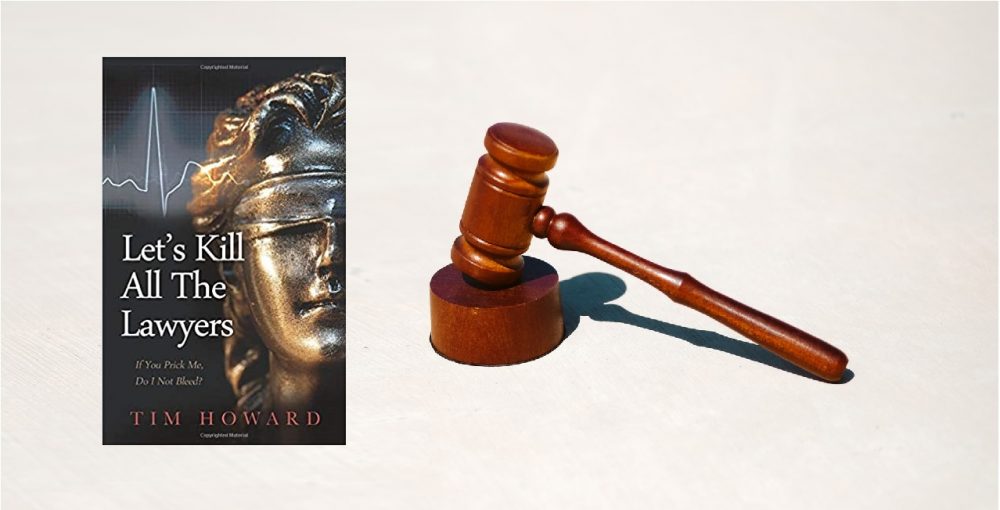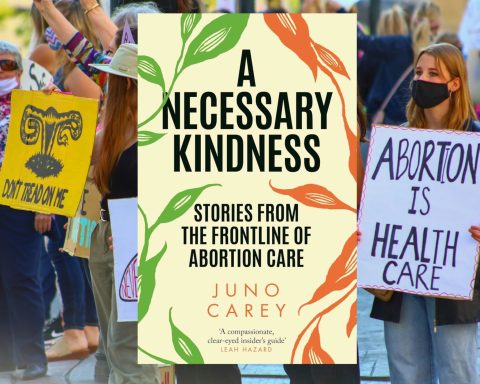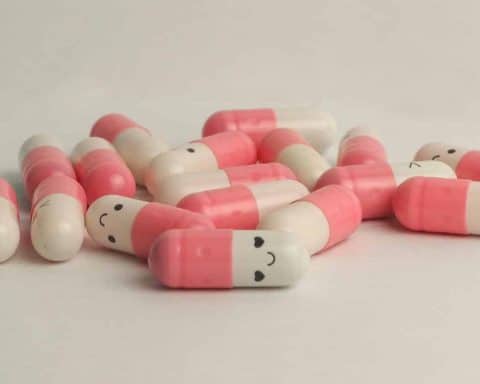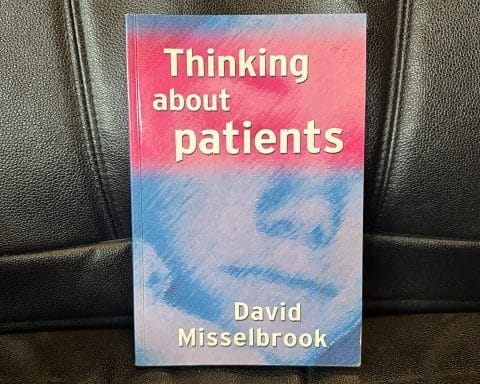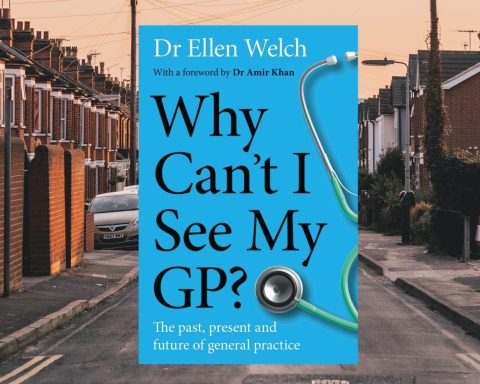
Iusually avoid medical stories, yet the intriguing, illegal and insightful title caught my imagination, as it was penned by Dr Howard, who was “a GP, an educator, a medical director, an ethicist and an adjudicator on medical standards and performance”.
The first sentence is “The High Court Writ lay on the desk in front of him, like an unexploded grenade”, followed by the emotional shockwave: “The bastard: how could he do this to me, after all I did for him?” “What the hell do I do now?”
The [High Court] writ is the tabooed elephant in the room that paralyses many a doctor.
I’ll admit that I had to skip to the final chapter to reassure my psyche about how the story ends before I could bear to read the second page – apologies Dr Howard. I then finished reading the book in a day. There were many interesting dichotomies, such as justice/fairness, obligations/rights, relationships/divorce, prolonging death/prolonging life. I questioned my values and comfort/discomfort levels.
The reader sympathises with the “innocent” GP, who “help[s] people to make their own decisions”2 even though it is an “unwise decision”.3 The patient decided to ignore medical advice and suffers with ill health and worklessness. He then blames NHS doctors. I dwelled upon the concept of spiritual justice.
There are human and system factors at play. The story reinforces the protective power of documentation. I wondered how often doctors use Helman’s 1981 Folk Model to ask themselves: What should I do about it or who should I consult for further help? Perhaps Eve’s PUNs/DENs (2001) should prompt OINs/SINs – organisational and system improvement needs.
Currently, doctors receive mixed messages and experience moral dissonance when reading publications, such as GMC’s “Caring for doctors: Caring for patients” knowing that the Government endorses the “no-win, no fee” model.4 I wondered what proportion of doctors facing litigation have “blue eyes”?5
How do doctors care for “vexatious” patients? The story describes how a patient transitions from a loser of health to a litigant and then a liar. What are the costs to the NHS as an organisation – both financial and psychological?
The story reinforces the protective power of documentation.
I found myself exploring the GP’s perspective and wondered how burnt out he became during the court case. Whilst the GP lost his “professional innocence”, he maintained his GP identity and mindset throughout. What safe spaces exist for our NHS People to make sense of such psychological traumas? Mandatory annual appraisal?
The GMC Tribunal exonerated Dr Bawa-Garba following a review of supervisor reports, CPD, PDPs and testimonials – “On a personal note I have been truly impressed by her resilience and commitment to paediatrics. I am uncertain that I would have the strength of character to restart my training after such a long and difficult break. Not only has Dr Bawa-Garba overcome these hurdles but she has joined our team and displayed excellent clinical judgement, exceptional personal qualities and a level of humility and openness that puts many of us to shame.”1
Confucius’ words resonate loudly:
By three methods we may learn wisdom:
First, by reflection, which is noblest,
Second, by imitation, which is easiest and
Third by experience, which is the bitterest.
Thank you for writing such a thought-provoking novel, Dr Howard.
References
- https://www.mpts-uk.org/-/media/mpts-rod-files/dr-hadiza-bawa-garba-2-jul-21.pdf
- https://www.nhs.uk/conditions/social-care-and-support-guide/making-decisions-for-someone-else/mental-capacity-act/
- https://www.legislation.gov.uk/ukpga/2005/9/section/1
- https://www.legalombudsman.org.uk/media/spqb55ok/complaints-in-focus-cfa-report-final-140103.pdf
- https://fitnesstopractisenews.co.uk/gmc-sets-targets-to-eliminate-bame-doctor-discrimination/
- https://journals.sagepub.com/doi/pdf/10.1177/0141076820974988
Featured book
Tim Howard. Let’s kill all the lawyers: If you prick me, do I not bleed? Independently published, 2020. ISBN-13 : 979-8670211741
Featured photo by Tingey Injury Law Firm on Unsplash

